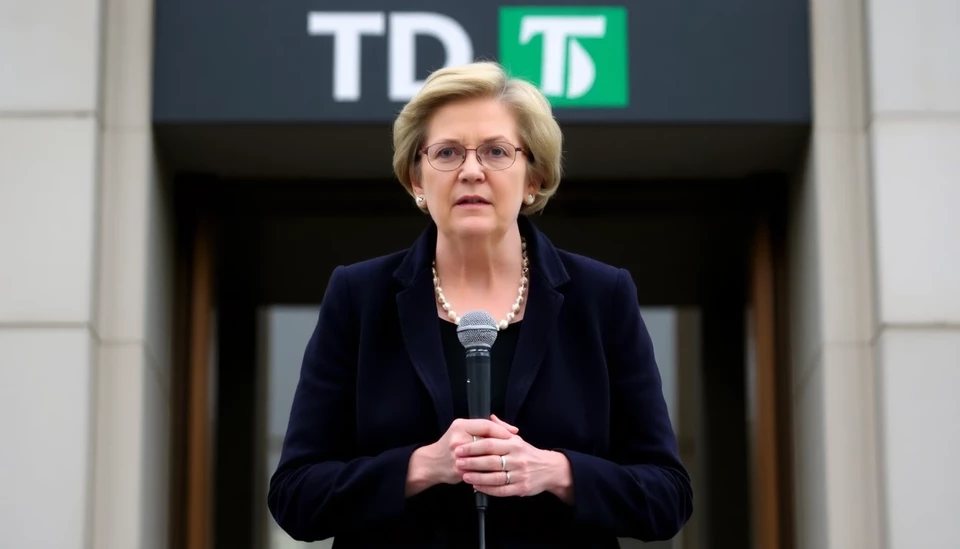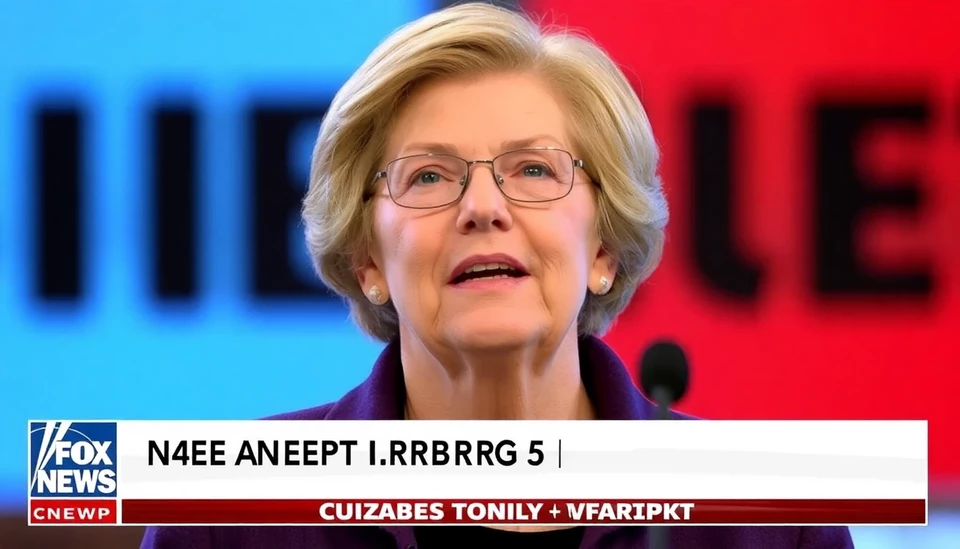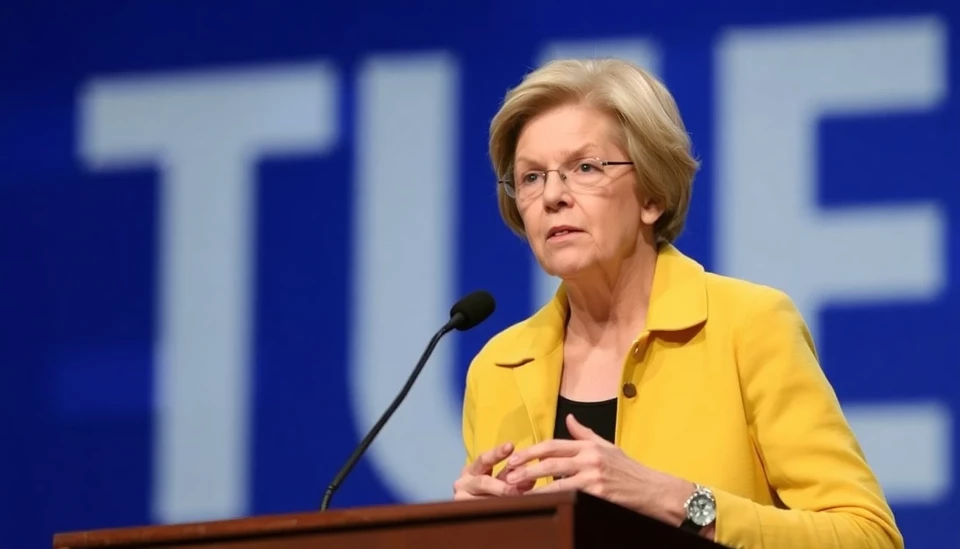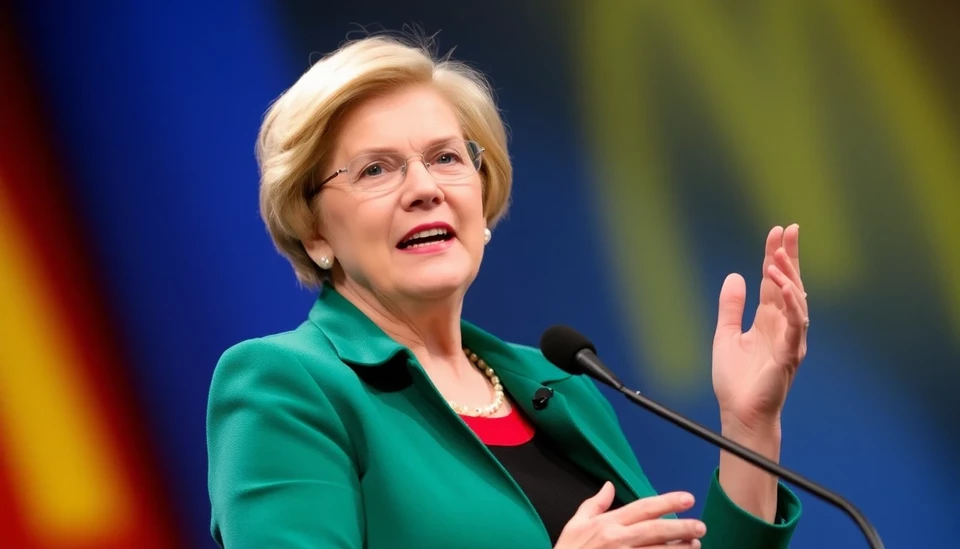
Senator Elizabeth Warren is intensifying her efforts to ensure accountability within the ranks of TD Bank executives in response to growing concerns over the financial institution's operations. In a recent correspondence with the Department of Justice (DOJ), Warren underscored the importance of holding high-ranking officials at the bank accountable for their roles in a series of regulatory lapses. These lapses have raised alarms about the bank’s adherence to financial and consumer protection laws.
The senator’s push comes on the heels of a broader investigation into TD Bank's practices, particularly involving issues related to customer data security and compliance with federal banking regulations. Warren has been a prominent advocate for financial oversight, frequently calling out big banks that she believes prioritize profits over ethical responsibilities and consumer protections. In her letter to the DOJ, she highlighted specific allegations that point to negligence and failure to act on potential misconduct within the organization.
Warren critiqued the current regulatory framework, arguing that it often allows large corporations and their executives to evade responsibility for harmful practices. She expressed her commitment to ensuring that executives who may have failed to act appropriately face the consequences of their actions, suggesting that accountability at the highest levels is crucial for restoring trust in the financial system.
In particular, Warren’s letter drew attention to instances where TD Bank allegedly mishandled sensitive customer information, which not only put customers at risk but also potentially violated federal laws designed to protect such data. The senator contended that these actions reflect a systemic issue in the banking sector, where the potential for lucrative gains frequently overshadows the ethical implications of banking practices.
The DOJ has yet to respond publicly to Warren’s demands; however, her letter is likely to amplify the scrutiny the bank is already facing from regulators. The implications of this scrutiny could be substantial, affecting the bank's reputation and its operational strategies moving forward. Financial analysts suggest the fallout could also have broader implications for investor confidence in TD Bank, particularly if the DOJ decides to investigate further and holds executives accountable for their actions.
As this situation unfolds, Warren’s advocacy is becoming a focal point in the conversation about corporate accountability within the financial sector. Her approach resonates particularly with constituents who demand greater oversight and responsibility from financial institutions, especially following numerous financial crises attributed to a lack of accountability within the industry.
In the coming weeks, stakeholders will be watching closely as developments occur, not only within TD Bank but also in the regulatory landscape at large, possibly indicating a shift toward greater enforcement of existing laws aimed at protecting consumers and ensuring ethical practices in banking.
The dialogue initiated by Warren may mark a pivotal moment in the pursuit of transparency and accountability in the financial sector, with potential ramifications for legislation and public policy that govern corporate behavior in the banking industry.
As the situation progresses, the interplay between government oversight and corporate governance will be a key narrative in the months ahead, potentially shaping the future landscape of the banking industry.
#ElizabethWarren #TDbank #DOJ #CorporateAccountability #FinancialRegulation #ConsumerProtection #BankingIndustry #EthicalBanking
Author: Victoria Adams




